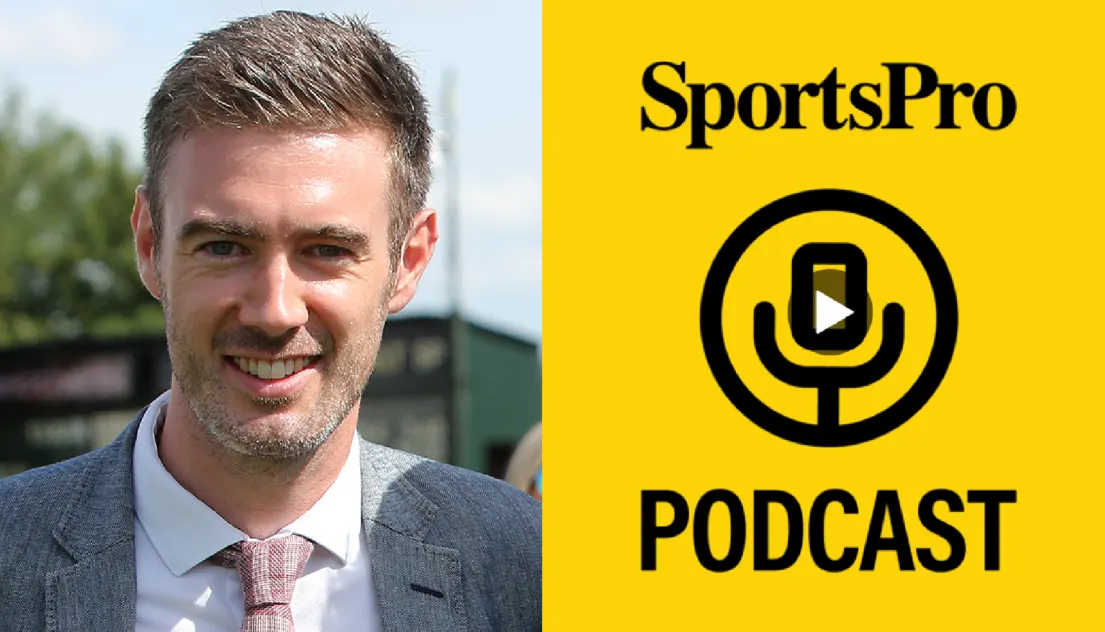
Neil Banbury, General Manager, Kindred UK was a guest on the SportsPro podcast. SportsPro invites guests for comments, insights and analysis on the matters of the moment in the global sports industry. In the podcast, Neil, together with reporter Eoin Connolly, discuss the renewed importance of esports for betting firms, the importance of responsible gambling in the current climate, and factoring in the return of live sport to the industry's future business modelling. Read some of the highlights from the discussion:
It’s been a month since the accelerated shutdown of many live organised professional sport in the UK and across Europe. What was 32Red’s initial response to the crisis?
For us as a business, the biggest initial change was moving everyone to work from home. Being a digital business doesn’t mean it’s necessarily easy to go from a few hundred people in an office to then everyone working remotely, but it’s certainly easier for our type of business to do. From a business point of view, it’s still an ongoing evolution of learning and adjusting to the circumstances that we find ourselves in. We’ve definitely seen some impact of sports cancellations on one of our Group brands Unibet
One of the challenges has been around sensitivity and addressing why betting companies must remain vocal and an active part of our economy. What are your thoughts?
There’s definitely a requirement being placed on the industry of being more sensitive and sensible at the current time. I also feel that it’s part of the longer-term narrative, as the industry is trying to move in that direction and still needing to move forward. There’s a responsibility on us to make sure that we are acting appropriately. Gambling is a very popular pastime, with millions of people engaging every year, so as an industry and we as an operator need to be mindful and monitor customer behaviour, to provide suitable interventions if needed.
What’s the first thing you had to be conscious of in monitoring setups you’ve got at this point in time?
The most important thing for us as a gambling business is that we know where the money is coming from when a customer interacts with us. We need to be satisfied with their playing behaviour based on the amount of money deposited or their previous behaviours. There are pretty complicated algorithms that sit behind our customer monitoring, tracking multiple financial and behavioural indicators. The priority for us right now is to make sure our systems are fully functional (which they are) and ensure we can intervene where they’re picking up indicators of unusual behaviour.
Esports is gaining a lot of profile at the moment: is that an area you have an interest expanding into?
We have seen interest in esports developing for years now and when it first came to our attention it felt niche in regard to what we do as a business, but in the recent years, Esport has become the fastest growing sport for us. When you see the numbers of viewing and the passion among the fans it is a very natural place for us to be a part of.
Just to finish up – what kind of thinking have you put into the kind of relationship the gambling industry should have with sports on how to be a good partner, a good citizen?
I think it’s a really important relationship and it is one that has to be right, but it also has to seem right, as well. At the moment, things are changing, and things are evolving. The industry had the whistle to whistle ban on tv-ads (no advertising during live sports before 9 pm) which I think is a positive move.
There is, obviously, a lot of talk of sponsorship of football where some would say that too many clubs are sponsored by the gambling industry etc. My perspective is that we, as a gambling industry, need to continue to evolve what we do on the marketing side of things. There is some debate about the quantity of gambling advertising: I think there also has to be a debate on the quality of advertising and the messages that are being promoted. I still see a very important role for gambling and its partnership with sport: making sure that the positive, pro-active messages are cutting through.
We need to make sure gambling is promoted responsibly. We also need to make sure that when people are seeing gambling brands, they’re also seeing messages that they begin to associate with healthy gambling behaviour. We sponsor a number of football clubs and we’ve got 5 sponsorships this season. This season for the first time we put responsible gambling messages on the shirt with the logo. We’ve also had responsible gambling messages on the LED-board around the pitch, which I think is a positive step, but it can´t be the end of the story.
Listen to Neil’s full interview here.

